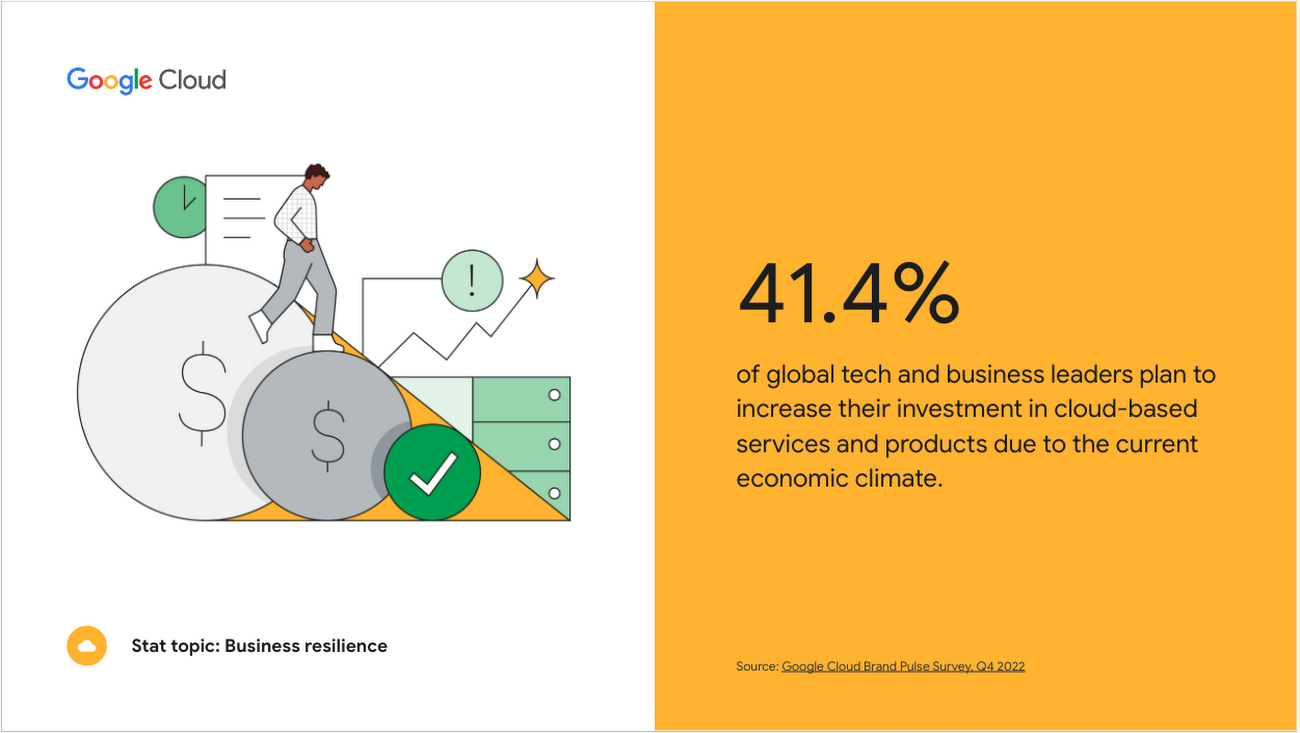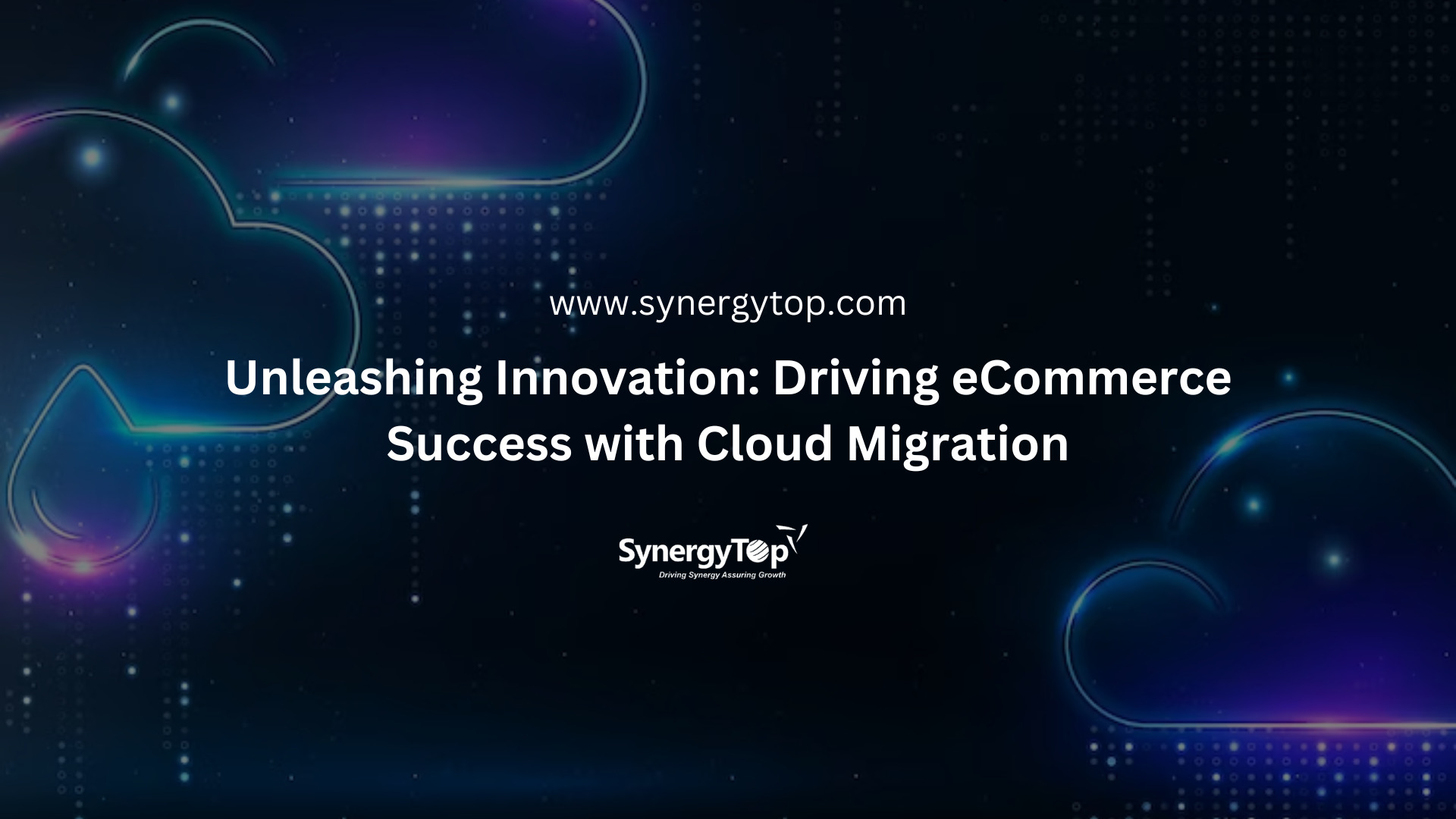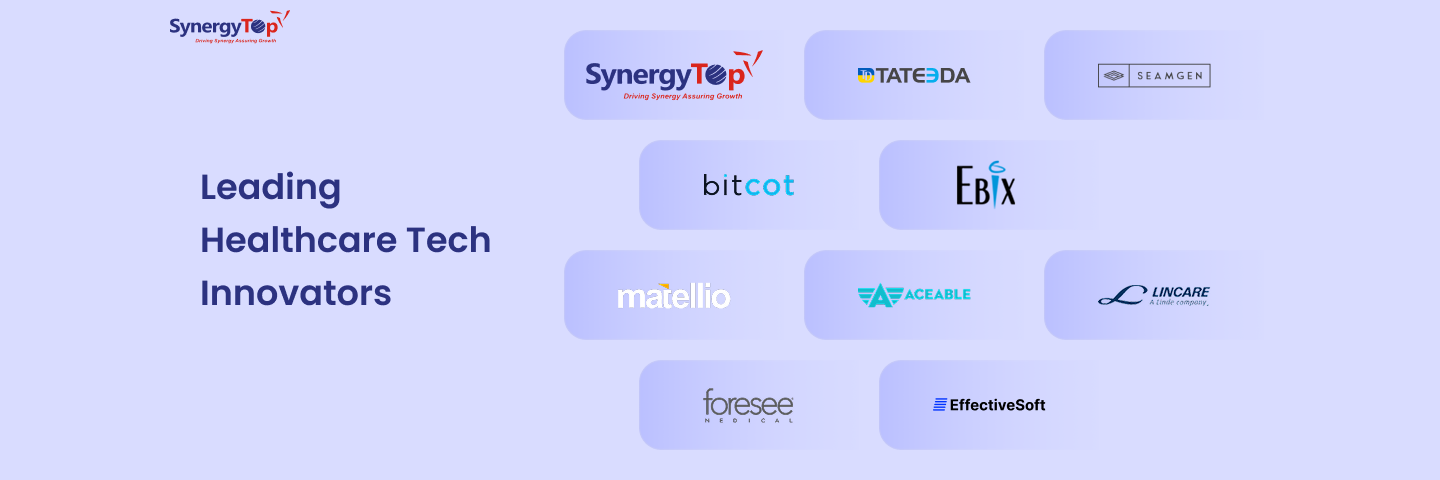In recent years, there has been a significant shift in the way businesses operate. The most significant of those changes is that many businesses are embracing the power of cloud computing.

Now, while the shift to the cloud has been happening in every sector, the world of eCommerce, in particular, has seen a remarkable surge in businesses migrating their operations to the cloud.
But why are so many eCommerce businesses making the move to the cloud?
What is it that cloud is now offering that the hitherto used on-premises systems don’t offer?
The answer lies in the numerous benefits that cloud migration offers.
If you too are ready to migrate your eCommerce business to the cloud, schedule a call with our eCommerce experts today!
Wondering what are the benefits of cloud migration for eCommerce businesses?
This blog will walk you through exactly that.
Bonus: Keep reading to the end of this blog to explore the key challenges in eCommerce cloud migration plus fail-proof solutions for those challenges.
Ready, steady, start reading.
But…
Before you begin: Not All Clouds Are Created Equal
Don’t make the mistake of thinking that any cloud will work for your eCommerce store.
Each cloud platform has its strengths and weaknesses, and picking the wrong one can spell trouble.
You need to consider your business’s unique needs and find a cloud platform that aligns with your goals.
Here are the 5 quick factors to consider before choosing a cloud platform for your eCommerce business.
1. Scalability and Performance
If your eCommerce business expects rapid growth and high traffic, look for a cloud platform that offers easy scalability and robust performance.
- Pro Tip: Amazon Web Services (AWS) provides auto-scaling features that can handle sudden spikes in traffic during flash sales or peak shopping seasons.
2. Security and Compliance
Choose a cloud platform that prioritizes security and complies with industry regulations.
- Pro Tip: Microsoft Azure offers robust security features and is compliant with standards like the Payment Card Industry Data Security Standard (PCI-DSS).
3. Integration and Compatibility
Ensure that the cloud platform seamlessly integrates with your existing systems and technologies.
- Pro Tip: If you use popular eCommerce platforms like Shopify or WooCommerce, consider cloud options like Google Cloud Platform (GCP), which offers specific integrations and extensions for these platforms.
4. Support and Reliability
Look for a cloud provider known for its responsive customer support, thus reliable support is essential when dealing with technical issues.
- Pro Tip: IBM Cloud offers 24/7 assistance, ensuring that any problems are swiftly addressed to minimize disruption to your eCommerce operations.
5. Cost and Pricing Model
Consider your budget and how the cloud platform’s pricing aligns with your business needs.
- Pro Tip: For smaller eCommerce businesses, a cost-effective option like DigitalOcean can provide the necessary resources without breaking the bank. They offer transparent and affordable pricing plans.
Here’s a quick comparison of the top cloud service providers, which will help you make the right choice.
By selecting a cloud platform that aligns with your business needs, you can make the most of the benefits that cloud migration offers for eCommerce businesses.
Let’s explore those benefits in detail below…
| Cloud Feature | AWS | Google Cloud Platform (GCP) | Microsoft Azure |
| Compute Services | Amazon EC2, AWS Lambda, ECS | Compute Engine, Cloud Functions | Azure Virtual Machines, Azure Functions |
| Storage Services | Amazon S3, EBS, EFS, Glacier | Cloud Storage, Persistent Disk | Azure Blob Storage, Azure Disk Storage |
| Database Services | Amazon RDS, DynamoDB, Aurora | Cloud Spanner, Cloud SQL | Azure SQL Database, Cosmos DB |
| Networking | Amazon VPC, ELB, Route 53 | Virtual Private Cloud (VPC), Load Balancing, Cloud DNS | Azure Virtual Network, Azure Load Balancer, Azure DNS |
| AI and Machine Learning | Amazon SageMaker, Rekognition | AI Platform, TensorFlow, Vision API | Azure Machine Learning, Cognitive Services |
| Serverless Computing | AWS Lambda, AWS Fargate | Cloud Functions, App Engine | Azure Functions, Azure Logic Apps |
| Analytics and Big Data | Amazon Redshift, Athena, EMR | BigQuery, Dataflow, Pub/Sub | Azure Synapse Analytics, HDInsight |
| Containers and Kubernetes | Amazon ECS, EKS, Fargate | Google Kubernetes Engine (GKE) | Azure Kubernetes Service (AKS) |
| DevOps Tools | AWS CodePipeline, CodeDeploy | Cloud Build, Cloud Deployment Manager | Azure DevOps, Azure DevTest Labs |
| Internet of Things | AWS IoT Core, Greengrass | Cloud IoT Core, Edge TPU | Azure IoT Hub, IoT Edge |
| Security Services | AWS Identity and Access Management (IAM), GuardDuty | Cloud IAM, Cloud Identity-Aware Proxy | Azure Active Directory, Azure Sentinel |
| Pricing Models | Pay-as-you-go, Reserved Instances, Spot Instances | Pay-as-you-go, Sustained Use Discounts | Pay-as-you-go, Reserved Instances |
Benefits of Cloud Migration for eCommerce Business
1. Scalability
- Flexible Resource Allocation: With cloud migration, eCommerce businesses gain the ability to easily scale their operations up or down based on demand.
- Elasticity: Cloud platforms enable businesses to dynamically allocate computing resources as needed, ensuring optimal performance during peak periods.
- Agility: The cloud allows for rapid deployment of new features and updates, enabling businesses to stay ahead in the highly competitive eCommerce landscape.
2. Reliability
- Redundancy and High Availability: Cloud infrastructure ensures redundancy, minimizing the risk of downtime and ensuring continuous availability for eCommerce websites.
- Disaster Recovery: Cloud platforms offer robust backup and recovery mechanisms, protecting businesses against data loss and minimizing the impact of system failures.
- Global Accessibility: Cloud services enable eCommerce businesses to reach customers worldwide, providing reliable access to their websites and applications from any location.
3. Security
- Data Protection: Cloud providers implement advanced security measures to protect sensitive customer data, such as encryption, access controls, and regular security audits.
- Compliance: Cloud platforms often comply with industry standards and regulations, providing eCommerce businesses with a secure infrastructure that meets legal requirements.
- Threat Monitoring: Cloud providers employ sophisticated threat detection systems, continuously monitoring for potential security breaches and taking prompt action to mitigate risks.
4. Cost Efficiency
- Reduced Infrastructure Costs: By migrating to the cloud, eCommerce businesses can eliminate the need for costly on-premises hardware and infrastructure, resulting in significant cost savings.
- Pay-as-You-Go Model: Cloud services operate on a pay-as-you-go model, allowing businesses to pay only for the resources they use, making it cost-effective for both small and large eCommerce operations.
- Scalable Pricing: Cloud providers offer flexible pricing plans, enabling eCommerce businesses to scale their resources and costs based on fluctuations in demand, ensuring optimal cost efficiency.
Cloud Migration Challenges Faced By eCommerce Businesses
While we have explored the many benefits of eCommerce migration, it is also important to understand that the process is riddled with challenges.
Some of the key challenges in the cloud migration process that eCommerce businesses face include:
- Legacy System Integration: Migrating from a legacy system to the cloud can be complex, requiring careful planning and execution to ensure seamless integration and data migration.
- Data Security and Privacy Concerns: eCommerce businesses must address concerns related to the security and privacy of customer data when moving to the cloud, ensuring compliance with data protection regulations.
- Performance Optimization: It is crucial to optimize the performance of eCommerce websites and applications in the cloud to provide a smooth and seamless user experience.
- Staff Training and Adoption: Migrating to the cloud often requires employees to adapt to new tools and workflows, necessitating adequate training and change management processes.
- Vendor Lock-in: eCommerce businesses must consider the potential risk of vendor lock-in when choosing a cloud provider, ensuring they have the flexibility to switch providers if needed.
Navigating the challenges of eCommerce migration can be overwhelming for businesses.
But these challenges shouldn’t deter you from migrating your eCommerce business to the cloud. That’s because the solution is right here…
Partnering with a Reliable eCommerce Development Company
Reliable eCommerce development companies have the expertise and experience to guide businesses through the migration process, ensuring a seamless transition to the cloud.
We at SynergyTop, have experience in:
- Handling legacy system integration,
- Addressing security concerns,
- Optimizing performance,
- Staff training, and
- Providing guidance on choosing the right cloud provider to avoid vendor lock-in.
Moreover, we can also provide ongoing support and maintenance, ensuring the smooth operation of your eCommerce websites and applications in the cloud.
From scalability and reliability to security and cost efficiency, the advantages of moving operations to the cloud are substantial.
We at SynergyTop can help ensure a smooth and successful cloud migration process while mitigating the challenges you are likely to face.
So, if you’re ready to embrace the power of the cloud for your eCommerce business, schedule a call with our eCommerce experts today!
















